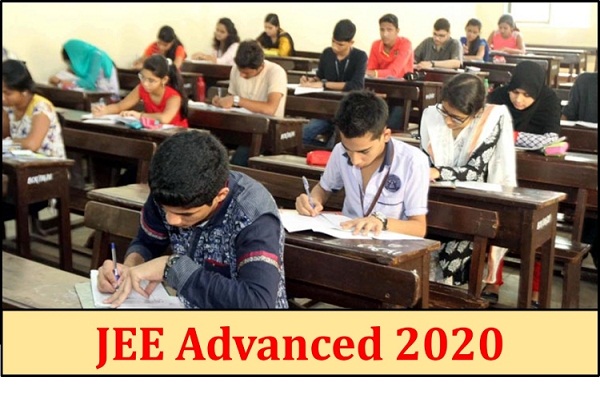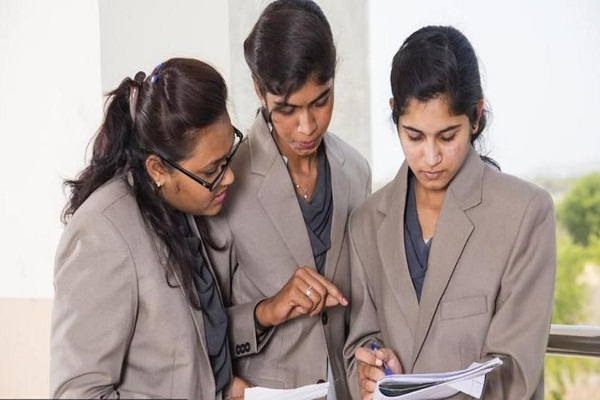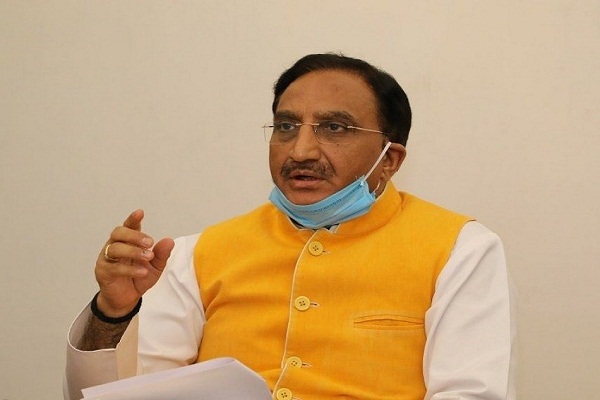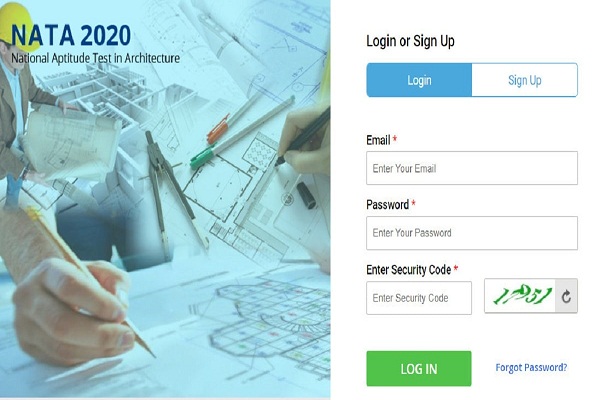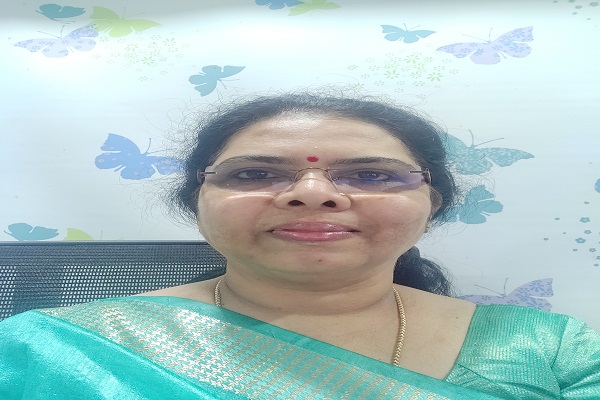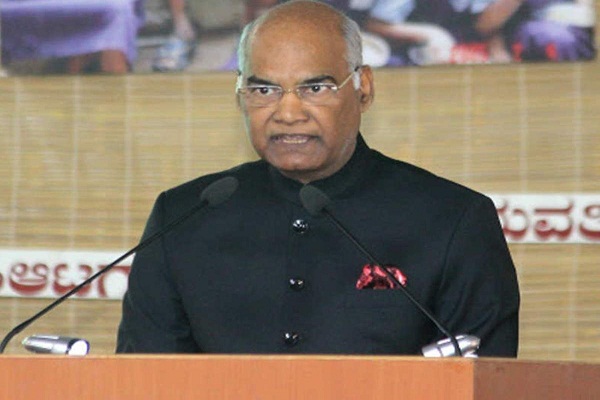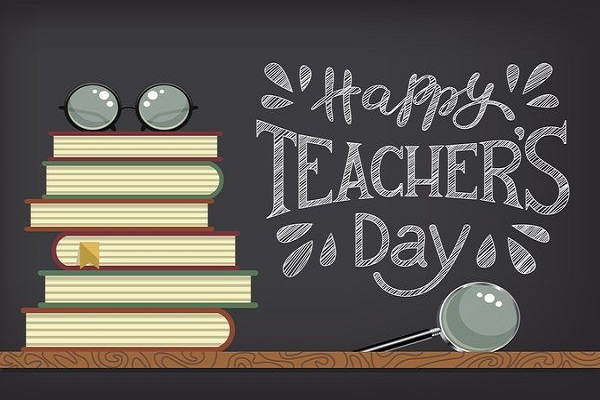The coronavirus pandemic and its acceleration in different parts of the world has brought a mysterious uncertainty for mankind. We have witnessed an unprecedented impact across Governments, industries, healthcare and daily human life. Education – being regarded among the most critical sectors pivotal role it plays in ensuring learning, development & nurturing of young minds. But, the silver lining in the dark cloud is the certainty that the teaching fraternity is resilient. This fraternity was unshaken right from when the pandemic struck the globe. Ever since, they have been focusing not just on taking care of their families and themselves, but finding new and creative ways to stay in touch with students, and supporting social emotional learning with a defined structure for kids.
Teachers have realized that if their cups are not full, they can’t fill up the cups of their students. They have started adopting self-care techniques of diligently pursuing at least one hobby, practicing calming down strategies of meditation, yoga and exercise, participating in weekly virtual hang out sessions with their colleagues, limiting watching negative news and focusing on the good moments of every day.
It is imperative that every child has a caring adult in his life and most importantly, in these stressful times. Teachers have taken this on priority and are maintaining relationship with their students by having non-academic interactions with them during their daily online sessions, hosting virtual parties for them and engaging them in a whole lot of activities, events, competitions, celebrations, virtual tours, and interesting projects. They also counsel students and cheer them up when they feel low and depressed.
Also read: President Kovind: Teachers are true nation-builders
When kids are regulated, it is much easier for them to access the thinking part of their brain to learn. Teachers are keeping the social emotional learning at the forefront in order to help kids feel safe and secure in the world around them. They are helping students in creating some “new normal” and a sense of routine at home. They have helped parents set up a designated small space for kids for a ‘School at home’. Teachers start the day with a morning prayer session and continue with regular teaching periods with recess in between, send home schedules for students to follow each day that are similar to the school day, having a lunchtime, and definitely having time for art, music, dance and physical education!
While we feel unsure about a lot of things right now, one thing we can be sure about is that, we will come out on the other side of this as better leaders and educators for our students. Years from now, history will tell the story of how the world survived COVID-19 with each teacher being the leading hero in that story along with the undoubted and selfless contribution of our medical and frontline healthcare worker fraternity that continue to risk their lives to ensure we overcome this hurdle.







